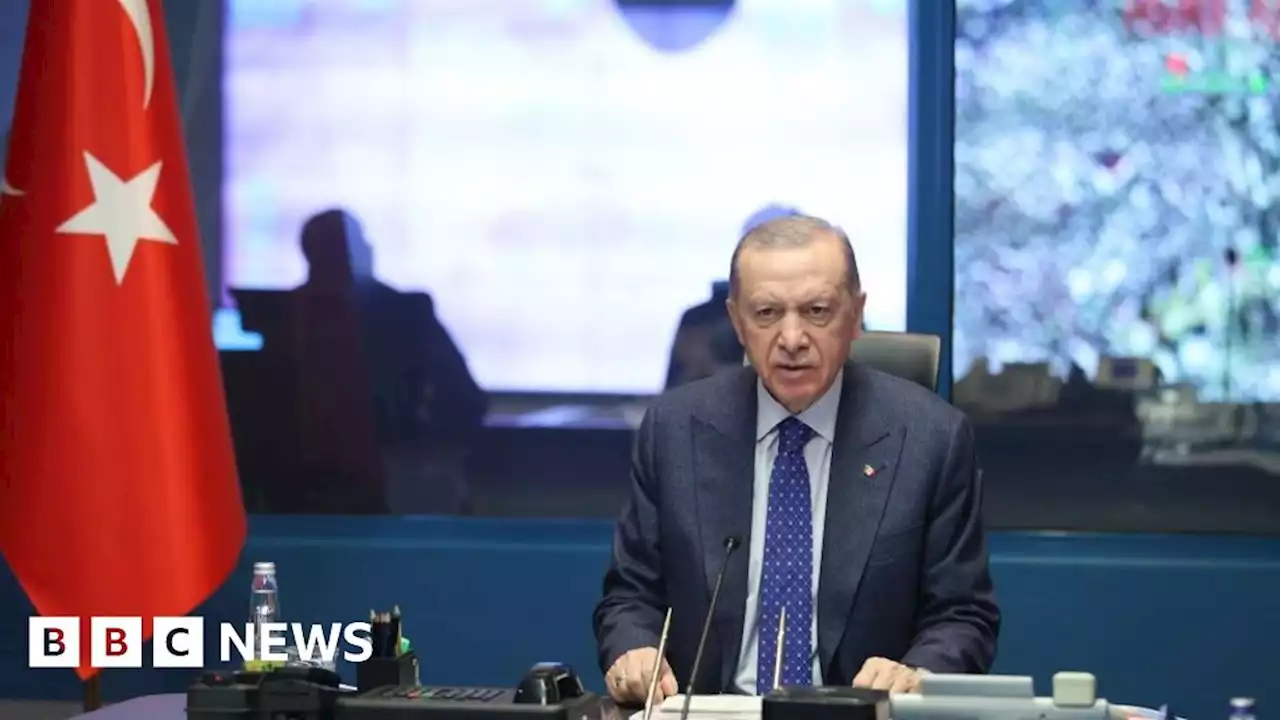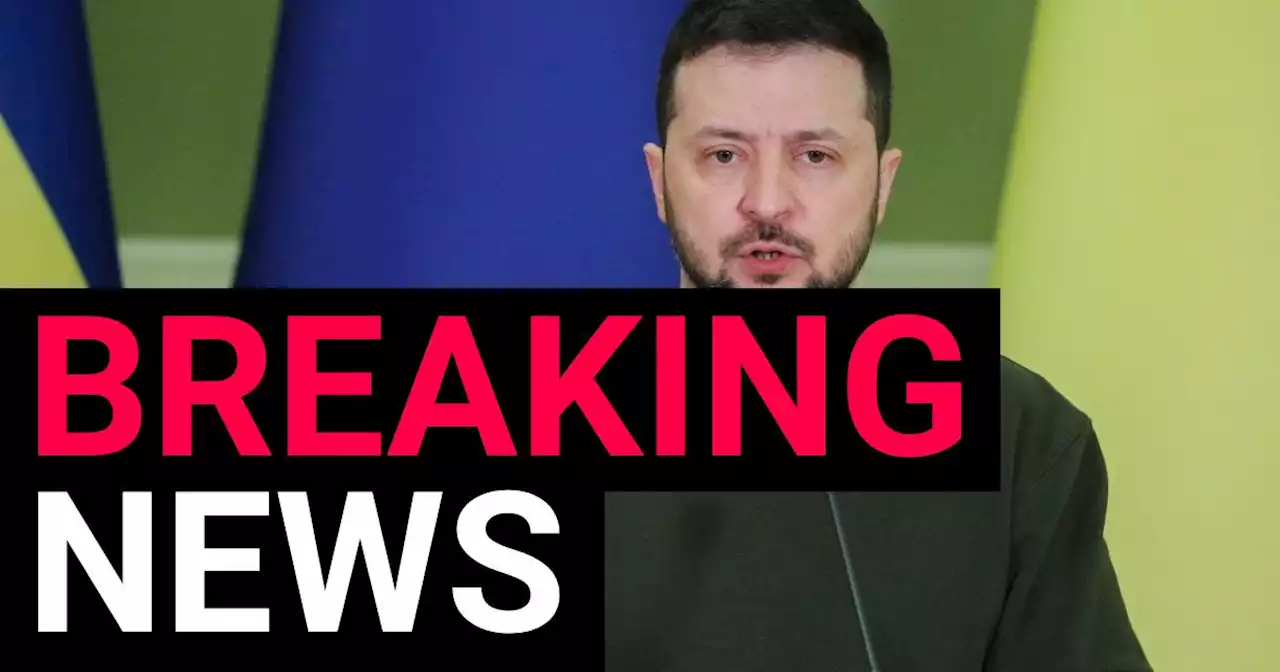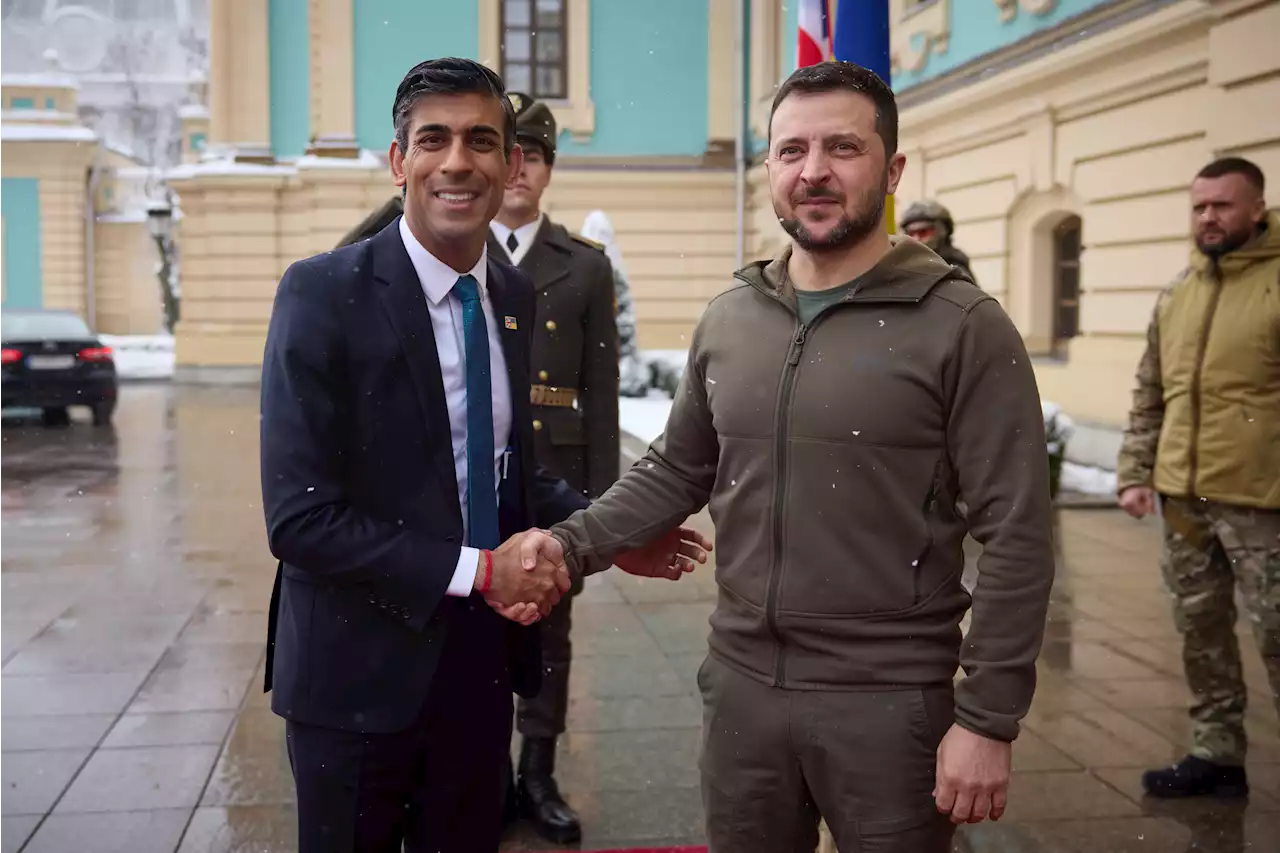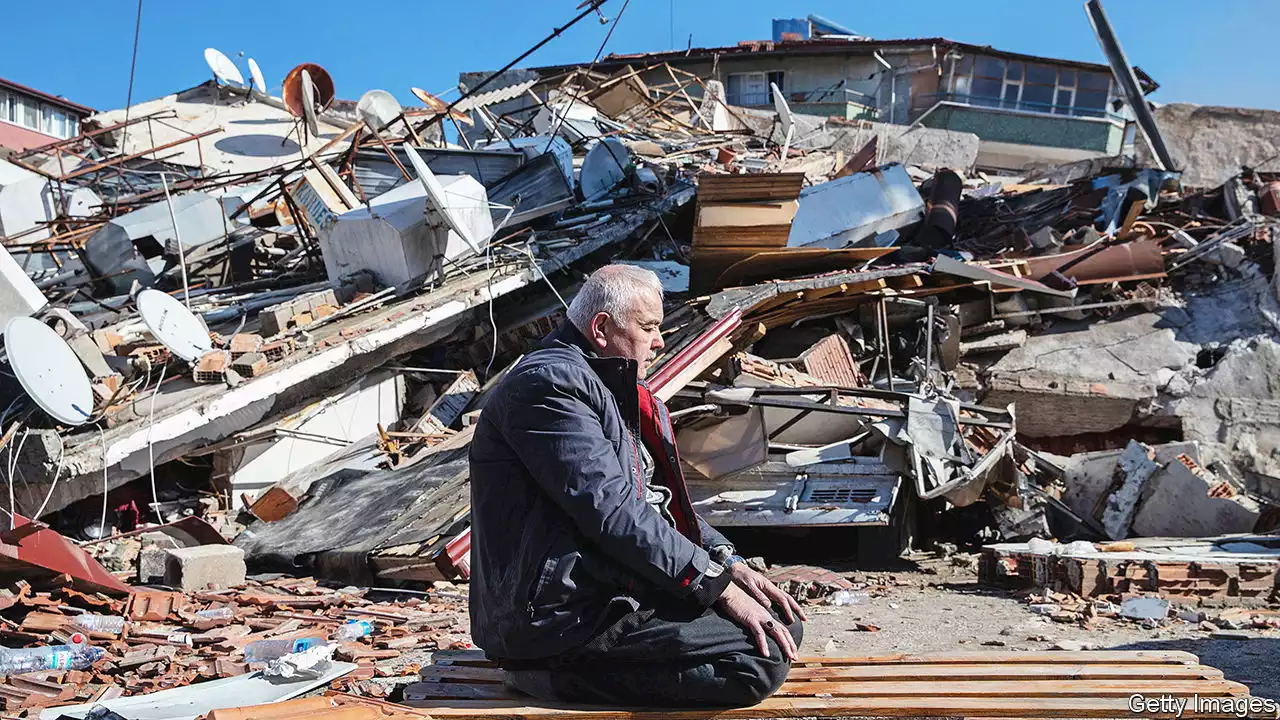President Recep Tayyip Erdogan faces an economic crisis and a humanitarian one. Turkey’s voters will judge him on both
hit southern Turkey and northern Syria on February 6th, thousands of buildings collapsed, burying families as they slept. Rescuers are racing to dig them out before they succumb to injury, thirst or the biting cold. By February 8th estimates of the death toll stood at more than 11,000; the true figure may be. The World Health Organisation says it could be 20,000, which would make it even worse than the quake that struck Izmit, 100km east of Istanbul, in 1999, killing some 18,000.
Even as the relief effort goes on, attention will turn to politics. President Recep Tayyip Erdogan, who has ruled Turkey for two decades, faces an election in May that was already going to be tough for him, thanks to a floundering economy and an inflation rate driven to over 50% by his foolish monetary policies. Voters will note his response to the earthquake, and ask why his government did not do more to prepare for such a disaster after the tremor of 1999.
There is a grim irony at work. Mr Erdogan came to power after an election in 2002. His new party, Justice and Development , upended an establishment that had ineffectually governed Turkey since the restoration of democracy in 1983. The then government’s weak response to the earthquake of 1999, followed by its mishandling of a financial crash in 2001, contributed to a sense that a clear-out was needed, andended up with two-thirds of the seats in parliament.
The collapse of so many buildings in Turkey—nearly 6,000, according to the government—will invite scrutiny. Evidence will emerge that the advice of earthquake experts was ignored and building codes were flouted, while corrupt or incompetent supervisors looked the other way. One hallmark of the economic boom that made Mr Erdogan popular for his first decade in power was a surge in construction, though most of the buildings that collapsed were built before he came to office.
Mr Erdogan’s poll ratings, and his party’s, have been nearing record lows. Last month he brought forward the presidential and parliamentary elections from June to May, presumably to wrong-foot the opposition, which has still failed to unify around a single candidate for the top job. After the quake, the president declared a state of emergency in ten southern provinces, to last for three months, until almost the eve of the poll. No doubt there are commendable practical reasons for this.
United Kingdom Latest News, United Kingdom Headlines
Similar News:You can also read news stories similar to this one that we have collected from other news sources.
 Turkey earthquake: Erdogan 'responsible for this' opposition leader saysMany are accusing the Turkish government of being underprepared ahead of Monday's huge quakes.
Turkey earthquake: Erdogan 'responsible for this' opposition leader saysMany are accusing the Turkish government of being underprepared ahead of Monday's huge quakes.
Read more »
Erdoğan’s earthquake response a test for his leadership as elections loom\n\t\t\tGet local insights from Lisbon to Moscow with an unrivalled network of journalists across Europe,\n\t\t\texpert analysis, our dedicated ‘Brussels Briefing’ newsletter. Customise your myFT page to track\n\t\t\tthe countries of your choice.\n\t\t
Read more »
 President Zelensky to visit UK today for first visit since Russian invasionBREAKING: Ukrainian President Volodymyr Zelensky will make his first visit to the UK since the Russian invasion of his country today.
President Zelensky to visit UK today for first visit since Russian invasionBREAKING: Ukrainian President Volodymyr Zelensky will make his first visit to the UK since the Russian invasion of his country today.
Read more »
 President Zelensky to visit UK today for first time since Russian invasionVolodymyr Zelensky will visit the UK TODAY for the first time since Russia invaded Ukraine. The hero President will meet with Rishi Sunak in Downing Street this morning. He’ll also deliver an…
President Zelensky to visit UK today for first time since Russian invasionVolodymyr Zelensky will visit the UK TODAY for the first time since Russia invaded Ukraine. The hero President will meet with Rishi Sunak in Downing Street this morning. He’ll also deliver an…
Read more »
